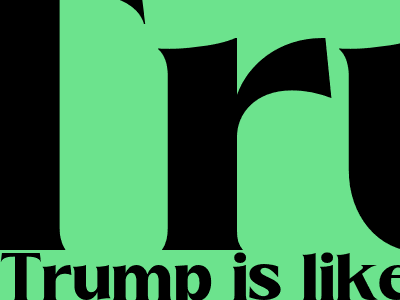
Trump Poised to Appoint Loyalist as Pentagon Chief After Tumultuous First Term
Political Considerations Drive Decision Amidst Pentagon Shakeup
As President Trump's tumultuous first term draws to a close, he is expected to name a loyalist as the next Pentagon chief. This decision reflects political considerations amid a broader shakeup within the Department of Defense.
The appointment of a loyalist would mark a departure from recent practice, as previous presidents have often appointed nonpartisan figures to lead the Pentagon. However, Trump's loyalty-based approach aligns with his broader effort to reshape the federal government.
Pentagon Shakeup Aims to Restructure and Reduce Department Size
Mass Personnel Turnover Expected
The Pentagon shakeup is also expected to include a mass personnel turnover, with a number of senior officials expected to be replaced. This move is part of Trump's effort to restructure the department and reduce its size.
The Pentagon has been criticized for its bureaucracy and inefficiency, and Trump has vowed to streamline operations and save money. The personnel turnover is seen as a way to achieve these goals.
Appointee Likely to Face Challenges Amidst Ongoing Wars and Global Tensions
The incoming Pentagon chief will inherit a number of challenges, including ongoing wars in Afghanistan and Iraq, as well as heightened global tensions with China and Russia.
The appointee will need to navigate these complex issues while also implementing Trump's agenda. This will require a delicate balance of diplomacy and military preparedness.
Appointee's Loyalty Could Influence Defense Policy Decisions
The appointee's loyalty to Trump is likely to influence defense policy decisions. This could lead to a more aggressive approach to foreign policy and a focus on rebuilding the U.S. military.
The appointee's loyalty could also shield them from criticism, even if their decisions prove controversial.
Appointment Could Have Long-Term Impact on U.S. Defense Posture
The appointment of a loyalist as Pentagon chief is a significant development that could have a long-term impact on U.S. defense posture. The appointee will play a key role in shaping the future of the military and the country's response to security challenges.
It remains to be seen whether the appointee will be able to navigate the challenges facing the Pentagon and implement Trump's agenda. However, their appointment is a clear indication of the president's priorities and the direction he intends to take the U.S. military.